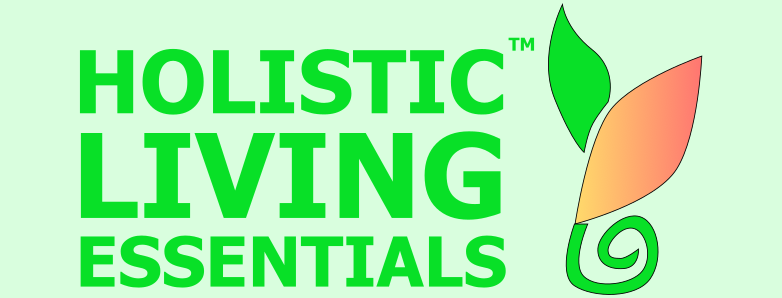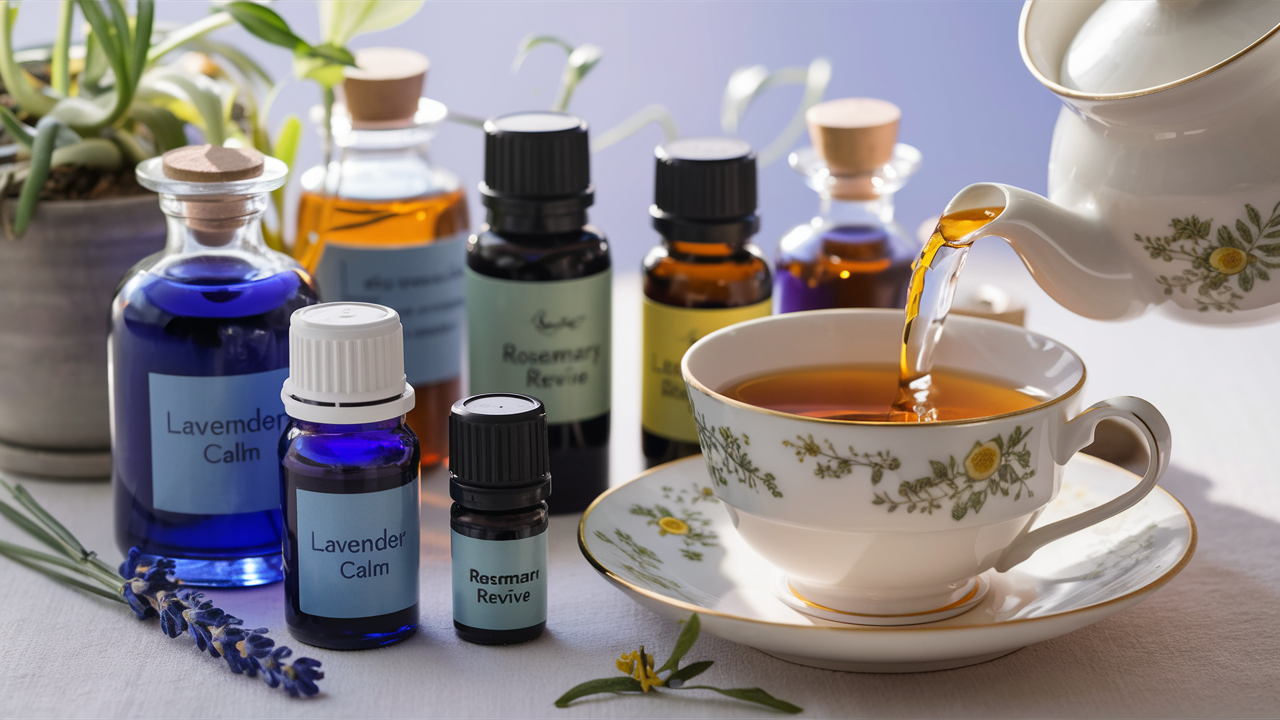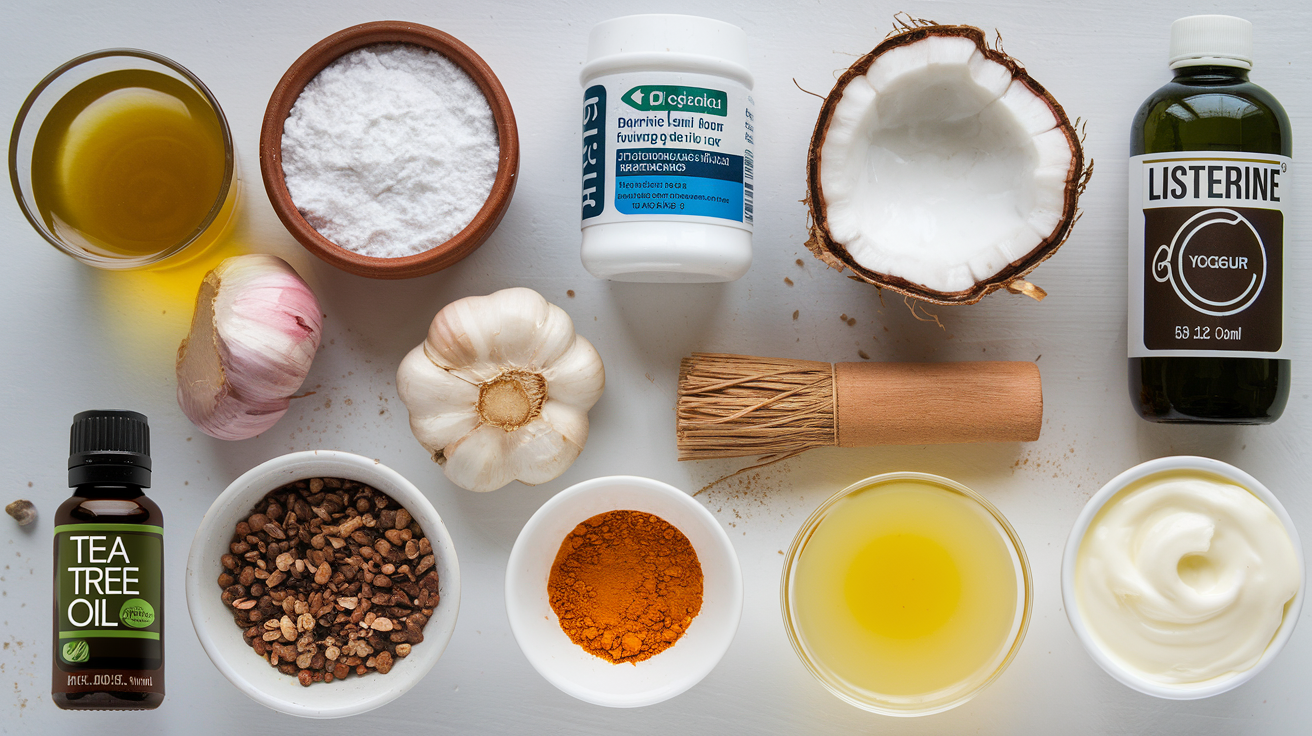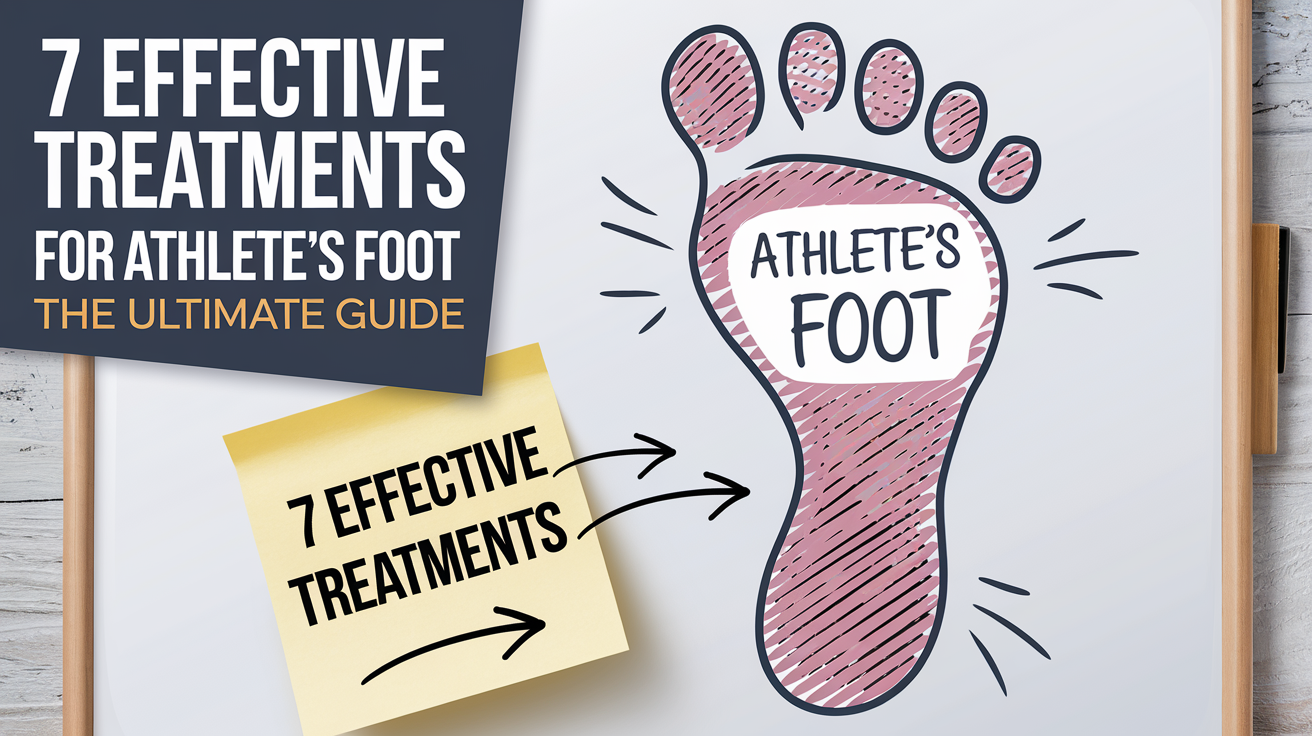Explore effective natural remedies for hypertension with essential oils and herbal teas. Learn how to manage high blood pressure holistically through our comprehensive guide.
Hypertension, or high blood pressure, is a prevalent health condition affecting millions worldwide and is a significant risk factor for heart disease and stroke. As awareness of the limitations and potential side effects of conventional treatments grows, many individuals are turning to natural remedies like essential oils and herbal teas. These alternatives not only offer potential health benefits but also align with a holistic approach to wellness that emphasizes the importance of lifestyle and dietary changes. This article explores the efficacy of essential oils and teas in managing hypertension, providing insights into their usage, benefits, and considerations for incorporating them into a comprehensive health management strategy.
Section 1: Understanding Hypertension
Hypertension is characterized by persistently elevated blood pressure levels, often without noticeable symptoms, earning its reputation as a silent killer. The condition places strain on the cardiovascular system, increasing the risk of serious health complications such as heart disease, stroke, and kidney damage. Diagnosis typically requires regular monitoring by healthcare professionals, as blood pressure readings fluctuate throughout the day and can be influenced by various factors including stress, diet, and physical activity levels.
Managing hypertension involves lifestyle modifications aimed at reducing blood pressure naturally and complementing conventional treatments when necessary. These modifications include adopting a heart-healthy diet rich in fruits, vegetables, lean proteins, and whole grains while limiting salt intake and avoiding processed foods. Regular physical activity, such as brisk walking, swimming, or cycling for at least 30 minutes most days of the week, promotes cardiovascular fitness and enhances blood circulation, contributing to lower blood pressure readings over time.
Understanding the significance of maintaining healthy blood pressure levels is crucial for preventing cardiovascular diseases and enhancing overall well-being. By addressing hypertension through a holistic approach that encompasses lifestyle modifications, natural remedies, and regular monitoring, individuals can effectively manage their condition and reduce the risk of hypertension-related complications.
Section 2: Essential Oils for Hypertension
Essential oils, derived from plants and renowned for their therapeutic properties, have gained popularity as natural remedies for various health conditions, including hypertension. Their effectiveness in managing hypertension stems from active compounds that promote relaxation, reduce stress levels, and potentially lower blood pressure.
Lavender Oil stands out for its calming effects on the nervous system, making it a popular choice for managing stress-induced hypertension. Research indicates that inhaling lavender oil can reduce blood pressure and heart rate, contributing to overall cardiovascular health. Its gentle nature and pleasant aroma also make it a versatile option for aromatherapy, promoting relaxation and emotional well-being.
Ylang Ylang Oil, extracted from the flowers of the Cananga tree, offers similar benefits with its tropical fragrance and calming properties. Known for its ability to alleviate anxiety and promote emotional balance, ylang ylang oil may help regulate blood pressure levels when used consistently. It can be applied topically with a carrier oil or diffused for aromatic benefits, providing a soothing effect that supports overall cardiovascular wellness.
Frankincense Oil has been historically prized for its therapeutic properties, including its potential to support heart health and reduce inflammation. Studies suggest that frankincense oil may aid in lowering blood pressure and stress levels, contributing to cardiovascular wellness over time. Its earthy scent and versatile applications in skincare and aromatherapy make it a valuable addition to hypertension management routines, promoting relaxation and emotional balance.
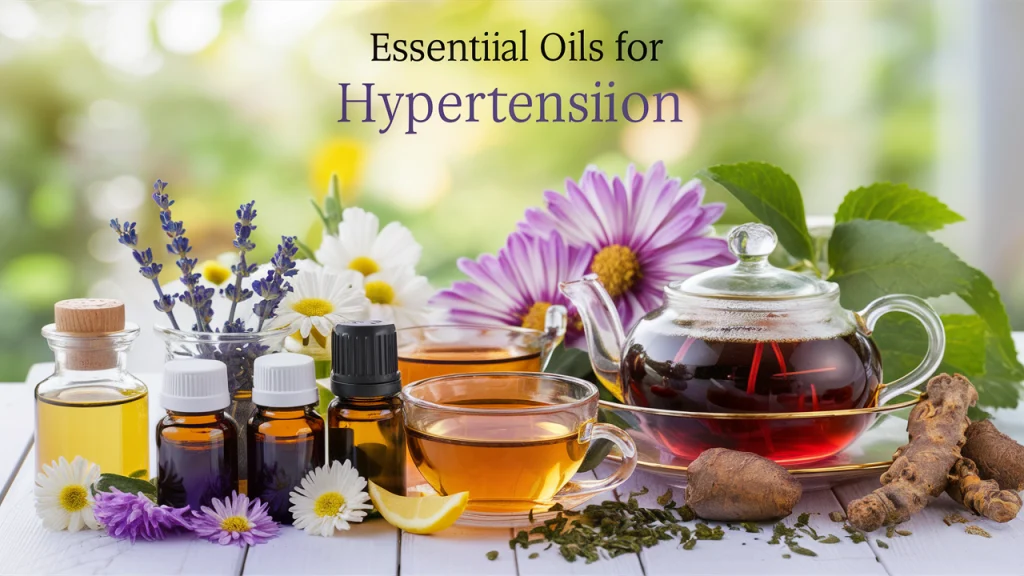
Section 3: Herbal Teas for Hypertension
Herbal teas offer a soothing alternative to pharmaceutical treatments, with specific varieties demonstrating promising effects on blood pressure regulation. These teas are often rich in antioxidants and compounds that support cardiovascular health, making them a natural choice for individuals seeking to manage hypertension through dietary means.
Hibiscus Tea stands out for its vibrant color and tart flavor, alongside its potential to lower blood pressure significantly. Research suggests that regular consumption of hibiscus tea can contribute to reduced systolic and diastolic blood pressure readings, potentially rivaling conventional antihypertensive medications in efficacy. Its pleasant taste makes it a popular choice for both hot and cold beverages, suitable for daily consumption as part of a heart-healthy diet.
Hawthorn Tea, derived from the berries, leaves, and flowers of the hawthorn plant, has been used traditionally to support heart health and promote blood circulation. Rich in flavonoids and antioxidants, hawthorn tea may improve cardiovascular function and strengthen blood vessels, thereby supporting healthy blood pressure levels. Its mild, slightly sweet taste makes it a soothing option for daily wellness routines, offering potential benefits for hypertension management when consumed regularly.
Green Tea, prized for its high antioxidant content and health-promoting properties, offers numerous benefits for cardiovascular health, including potential support for blood pressure regulation. The catechins found in green tea may help dilate blood vessels and improve blood flow, contributing to lower blood pressure readings over time. Regular consumption of green tea as part of a balanced diet and healthy lifestyle can enhance overall cardiovascular wellness, providing antioxidant protection and promoting heart health.
Section 4: Combining Essential Oils and Teas
The synergistic effects of essential oils and herbal teas present a holistic approach to managing hypertension, offering complementary benefits that support cardiovascular health and overall well-being. Combining these natural remedies can amplify their individual effects, providing a multifaceted approach to hypertension management that addresses both physical and emotional aspects of health.
Blending lavender oil with hibiscus tea offers a dual-action strategy for stress reduction and blood pressure regulation. The calming properties of lavender oil complement the cardiovascular benefits of hibiscus tea, creating a relaxing blend that can be enjoyed as part of a daily wellness routine. Whether diffused aromatically or applied topically with a carrier oil, lavender oil promotes emotional balance and relaxation while supporting cardiovascular wellness through its calming effects on the nervous system.
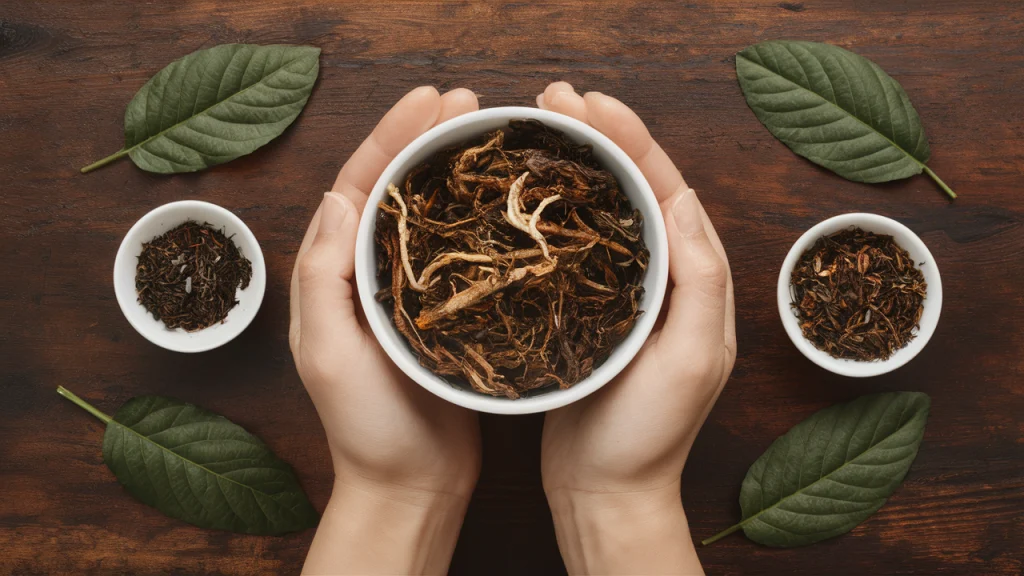
Ylang ylang oil pairs well with green tea, enhancing the antioxidant properties of the tea while promoting emotional well-being and relaxation. Together, these natural remedies provide a soothing blend that supports cardiovascular health and reduces stress levels. Ylang ylang oil can be diffused aromatically or applied topically with a carrier oil to enhance its aromatic benefits, contributing to overall well-being and supporting healthy blood pressure levels when incorporated into a balanced lifestyle.
Frankincense oil can be combined with hawthorn tea to promote heart health and reduce inflammation associated with hypertension. This combination supports vascular integrity and may contribute to improved blood circulation, crucial for maintaining healthy blood pressure levels over time. Whether diffused aromatically or applied topically with a carrier oil, frankincense oil provides therapeutic benefits that complement the cardiovascular support offered by hawthorn tea, creating a synergistic blend that supports overall wellness and promotes cardiovascular health.
Section 5: Lifestyle Tips for Managing Hypertension
In addition to incorporating essential oils and herbal teas into daily routines, managing hypertension requires a holistic approach that encompasses lifestyle modifications, stress management techniques, and regular monitoring of blood pressure levels. Adopting a heart-healthy diet rich in fruits, vegetables, lean proteins, and whole grains supports cardiovascular health and helps regulate blood pressure naturally.
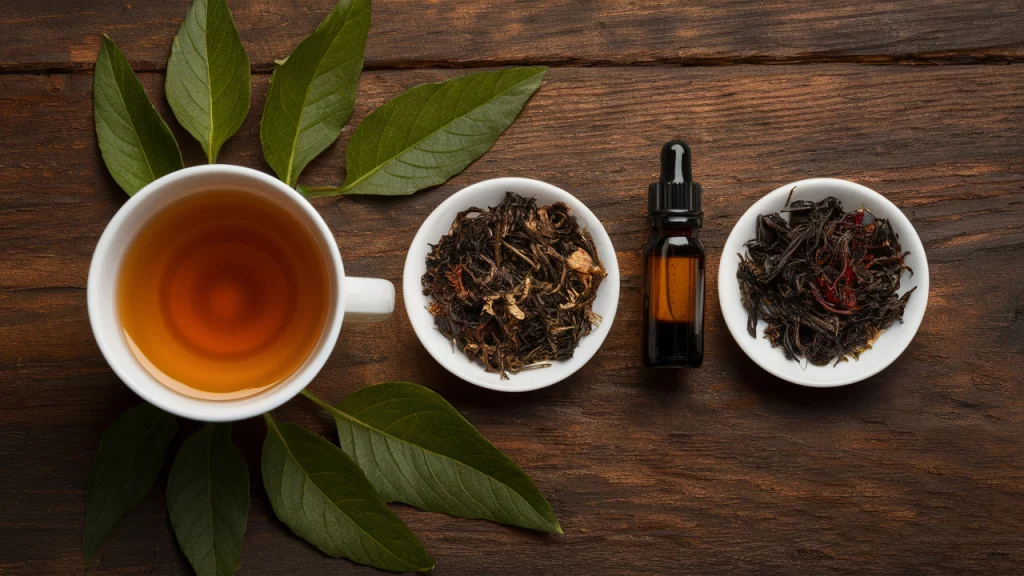
Limiting salt intake and avoiding processed foods reduces the risk of hypertension and its complications, while regular physical activity promotes cardiovascular fitness and enhances blood circulation. Engaging in moderate exercise, such as brisk walking, swimming, or cycling for at least 30 minutes most days of the week, contributes to lower blood pressure readings and overall cardiovascular wellness.
Stress management techniques, such as mindfulness meditation, deep breathing exercises, and yoga, can effectively reduce stress levels and lower blood pressure. Practicing relaxation techniques daily promotes emotional well-being and supports cardiovascular health, enhancing the effects of natural remedies like essential oils and herbal teas in managing hypertension.
Key Takeaways
Essential oils and herbal teas offer valuable alternatives for managing hypertension naturally, providing therapeutic benefits that support cardiovascular health and overall well-being. By integrating these natural remedies into daily routines and adopting heart-healthy lifestyle habits, individuals can effectively manage their condition and reduce the risk of hypertension-related complications. Consultation with healthcare professionals is essential for personalized hypertension management strategies, ensuring safe and effective use of natural remedies alongside conventional treatments.
People Also Ask (PAA)
- Can essential oils replace medication for hypertension?
- While essential oils may offer supportive benefits for managing hypertension, they are not intended to replace prescribed medications. Consultation with a healthcare professional is essential for determining the most appropriate treatment plan.
- How should essential oils and teas be used safely for hypertension?
- Essential oils should be diluted with a carrier oil before topical application or diffused in well-ventilated areas. Herbal teas should be brewed according to package instructions and consumed in moderation to avoid potential interactions with medications.
- Are there any side effects of using essential oils and teas for hypertension?
- Side effects of essential oils and herbal teas are generally mild and may include skin irritation or digestive discomfort. Individuals with allergies or sensitivities should perform a patch test before use and consult healthcare professionals if adverse reactions occur.
Health Disclaimer
The information provided in this article is for educational purposes only and should not be construed as medical advice. Essential oils and herbal teas discussed are natural remedies that may offer supportive benefits for managing hypertension. It is important to consult with a healthcare professional before starting any new treatment regimen or making changes to your healthcare routine, especially if you have pre-existing health conditions or are taking medications.
Conclusion
In conclusion, essential oils and herbal teas present promising natural alternatives for managing hypertension, providing therapeutic benefits that support cardiovascular health and overall well-being. By integrating these natural remedies into daily routines and adopting heart-healthy lifestyle habits, individuals can effectively support their cardiovascular health and reduce the risk of hypertension-related complications.
Consultation with healthcare professionals is crucial for personalized hypertension management strategies, ensuring safe and effective use of natural remedies alongside conventional treatments. Embracing a holistic approach that encompasses lifestyle modifications, stress management techniques, and regular monitoring of blood pressure levels enhances the efficacy of natural remedies like essential oils and herbal teas in promoting cardiovascular wellness.
By making informed choices and prioritizing heart-healthy habits, individuals can take proactive steps towards managing hypertension naturally and improving their overall quality of life.
